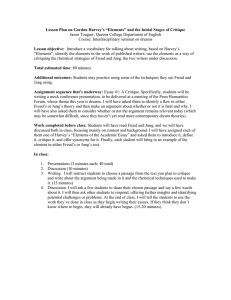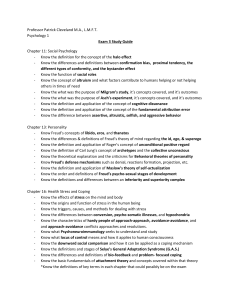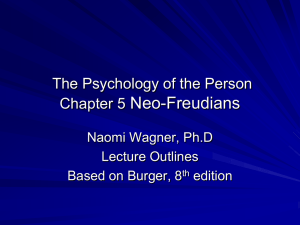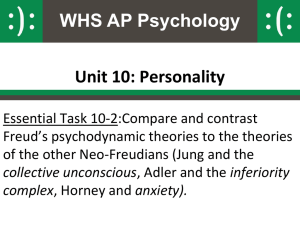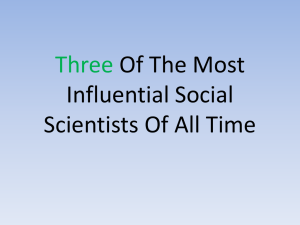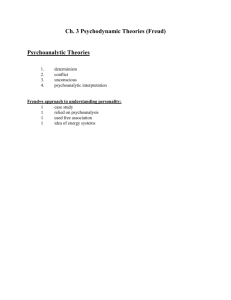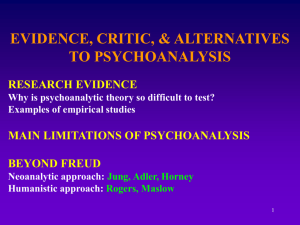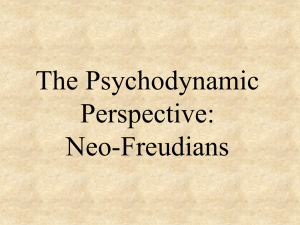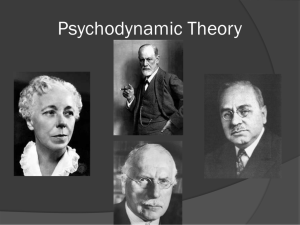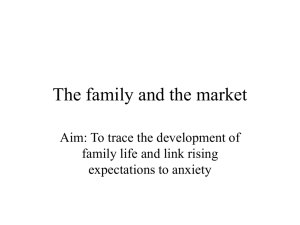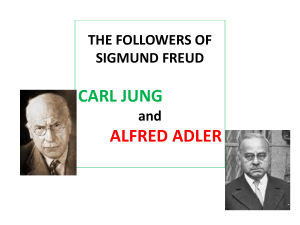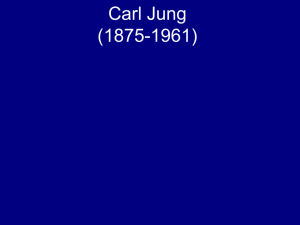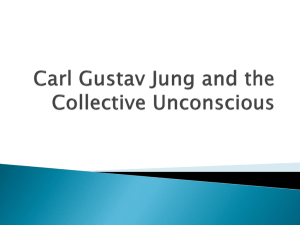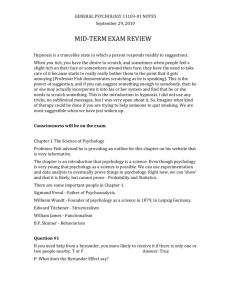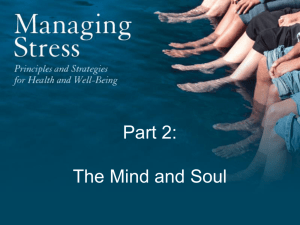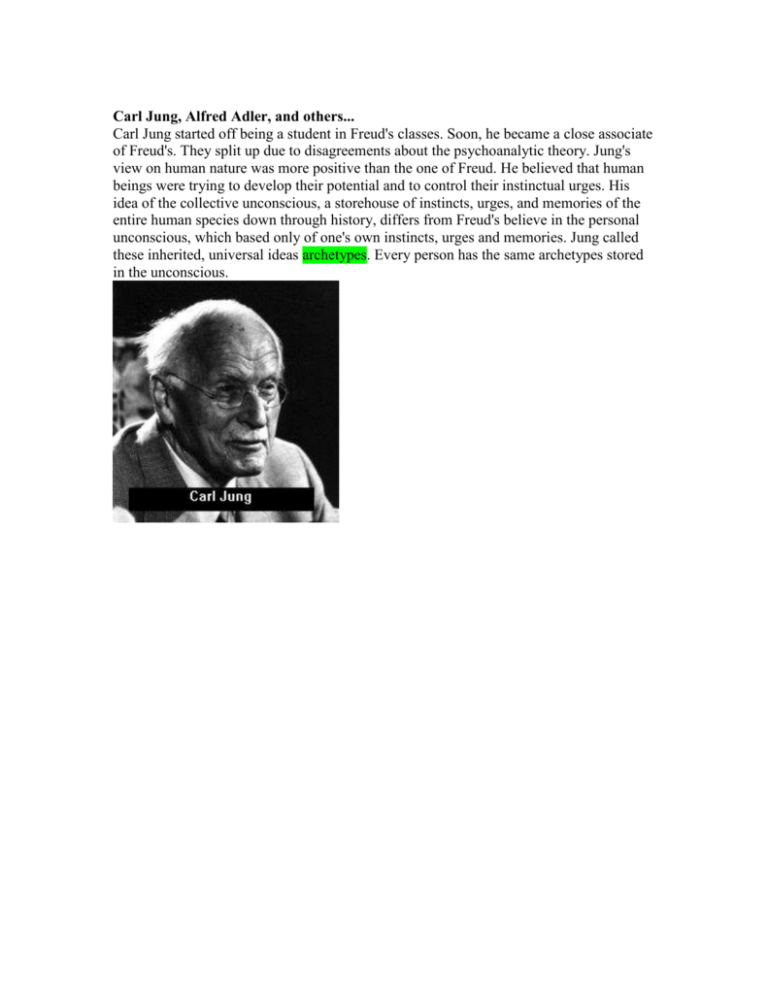
Carl Jung, Alfred Adler, and others...
Carl Jung started off being a student in Freud's classes. Soon, he became a close associate
of Freud's. They split up due to disagreements about the psychoanalytic theory. Jung's
view on human nature was more positive than the one of Freud. He believed that human
beings were trying to develop their potential and to control their instinctual urges. His
idea of the collective unconscious, a storehouse of instincts, urges, and memories of the
entire human species down through history, differs from Freud's believe in the personal
unconscious, which based only of one's own instincts, urges and memories. Jung called
these inherited, universal ideas archetypes. Every person has the same archetypes stored
in the unconscious.
Another student of Freud is Alfred Adler, who believed that feelings of inferiority,
and the desire to overcome them were the main force in people's lives. He also
introduced the term inferiority complex, the pattern of avoiding feelings of
inadequacy and insignificance rather than trying to overcome their source.
Additionally, Adler stessed the importance of the parental influence on the child, so
that the child won't choose the wrong life style.
Two theorists that didn't agree with Freud are Erich Fromm and Karen Horney.
The need to belong and the loneliness freedom brings were the center of Fromm's
theories. Basic anxiety and hostility caused by parents' resentment are the elements
in Karen Horney's theory. She also didn't believe in Freud's theory of the penis envy
in the development of women.
Next to Jung and Adler are other theorists, who developed their own theories ,
basing them on Freud's or going in the opposite direction to proove him wrong.
Erik Erikson agrees with Freud on the sexual and aggressive urges, but he believes
that human have a need for social approval. He stated that development is a lifelong
process with crisis on the way. His stages of psychosocial development each build on
the last, which shows the transitions of life.




